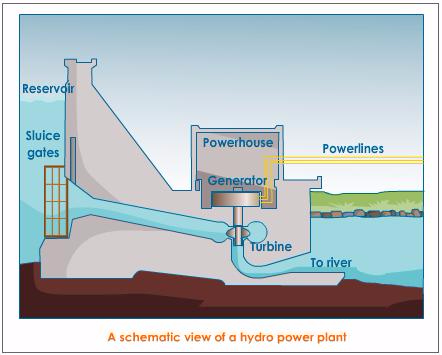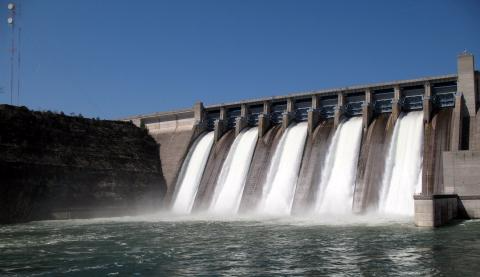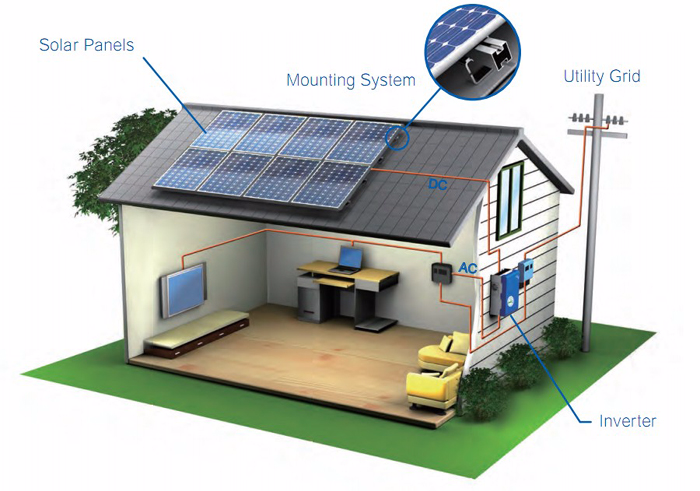TOPIC 9: SUSTAINABLE ENERGY SOURCES
Sustainable energy, specifically renewable energy or green energy, is an energy source which can be replenished, that is essentially inexhaustible. Sustainable sources of energy include solar, wind, water, biomass and geothermal. Non renewable energy sources include coal, oil and natural gas.
JOIN US WHATSAPP CLICK HERE
JOIN US TELEGRAM CLICK HERE
Water Energy
The Generation of Electricity from Water
Explain the generation of electricity from water
Energy sources are areas of origin of a particular kind of energy. There are two types of sources of energy namely:
- Renewable sources
- Non- renewable sources
Renewable sources:These are the energy sources, which can be turned into use again after being used. Example sun, water, wind and fossils.
Non- renewable sources:These are the energy sources, which cannot be turned into use again. Examples: oil, natural gas and charcoal.
Sustainable sources of energy:This refers to natural resources that are used in the production of electricity without destroying the environment. These include:
- Solar energy
- Wind energy
- Sea/wave energy
- Geo-thermal energy
- Tidal energy
Water energy refers to the energy obtained from running water by use of turbines and generators. This energy is called hydroelectric power.
Hydroelectric Power (H.E.P):This is electricity produced by running water.Hydroelectric power stations provide about 20% of the world’s electricity. In Tanzania, hydroelectric power stations/plants are found at Mtera, Kidatu and Nyumba ya Mungu.
Production of hydroelectric power
First, a dam is built to trap running water. This is usually in a valley where there is an existing lake. Water is allowed to flow through tunnels in the dam, where they turn turbines, which in turn drive generator.
The generator then produces electricity from water energy. Force of moving water thus turns the generators. Hydroelectric Power plants have no fuel costs and gives off no waste.
NOTE:
- The dam constructed is made much thicker at the bottom than at the top because the pressure of water increases with depth.
- Hydro electricity produces no waste products.
The Importance of Water Energy
Explain the importance of water energy
Water energy has the following importance.
- The energy is virtually available
- It is environmental friendly
- It is more reliable than other sources like wind
- Electricity can be generated constantly
- The energy increases power very quickly
Application of energy from water
- In Industries – to drive machine parts
- Lighting purposes for example in homes
- Heating and cooking
- In health facilities i.e. runs incubators and freezers.
A Model of HydroElectric Power Plant
Construct a model of Hydro-Electric power plant
A model of Hydro-Electric power plant


Solar Energy
Wind Energy
Sea Wave Energy
Geothermal Energy





